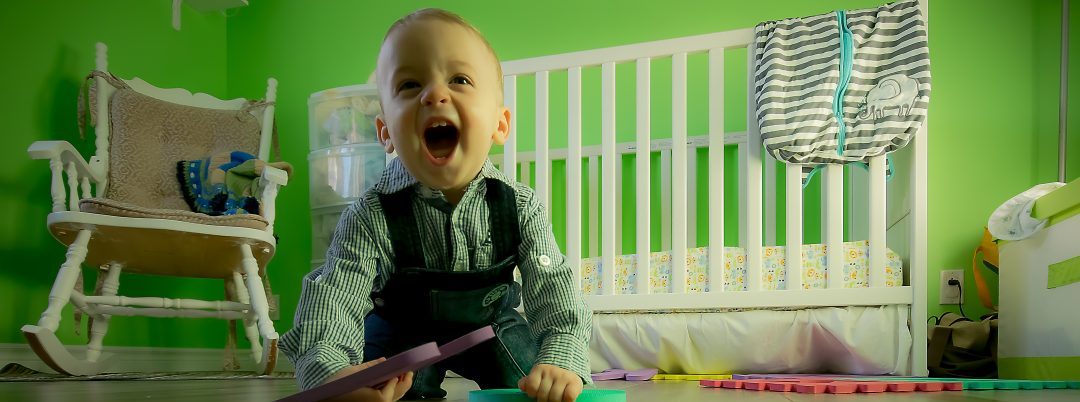
Parenthood bears the pressure of teaching another human how to be, well, human. This can be scary, to say the least: whether you’re a mother or a father, your greatest hope is that you raise your kid right and don’t make any detrimental mistakes along the way. Still, hiccups are pretty much guaranteed—you’ll make mistakes and beat yourself up for it, but there’s no shame in living and learning. You can even put those worries to rest about disappointing or failing your children when you don’t do something right the first time around: as it turns out, this could impact them in a positive way.
A recent study “Infants make more attempts to achieve a goal when they see adults persist” from the Massachusetts Institute of Technology says that children are motivated to try harder when adults struggle. This research found that children as young as 15 months work harder to complete a given task if they first witness an adult struggle to do so, as opposed to witnessing adults accomplish a task effortlessly.
“There’s pressure on parents to make everything look easy and not get frustrated in front of their children,” explained Laura Schulz, lead author of the study and a professor of cognitive science at MIT. But, this study offers them comfort to know that it may not be so horrible after all: “There’s nothing you can learn from a laboratory study that directly applies to parenting, but this does at least suggest that it may not be a bad thing to show your children that you are working hard to achieve your goals.”
Motivated to better understand how children learn, Schulz and her team designed an experiment that required the participation of 15-month-old babies. These subjects first watched an adult perform a couple tasks: removing a toy from a container and removing a keychain from a carabiner. Half of them watched the adults do so quickly (three different times within 30 seconds), and the other half looked on while adults struggled to complete the tasks (for 30 seconds before finally succeeding).
Then, the babies were shown a musical toy, which had two different buttons: one that appeared to turn the toy on but didn’t really work, and another, concealed button that actually turned the toy on. The researchers turned the toy on—using the concealed button, without the baby’s knowledge—to show that it played music, and then turned it off before giving it to the baby. Each baby was allowed two minutes to play with the toy, during which the researchers recorded how many attempts the babies made at pressing the deceiving button.
The researchers found that the babies who watched the experimenter struggle before succeeding in the initial stages, pressed the button nearly twice as many times overall as the babies who watched the adults succeed with minimal effort. They also pressed the button nearly twice as many times before caving and asking for help or giving up on the toy. Furthermore, the babies tried harder when they directly interacted with the experimenters during their time with the toy.
Julia Leonard, first author of the paper and MIT graduate student further explains the team’s findings: “There wasn’t any difference in how long they played with the toy or in how many times they tossed it to their parents. The real difference was in the number of times they pressed the button before they asked for help and in total.” The researchers say that this serves as evidence that people learn from an early age how to make decisions—and they’re likely to put in more effort if they observe a failed or struggling attempt, versus an instant accomplishment.
Sources:
MIT (2017, September 21). Babies Can Learn That Hard Work Pays Off. NeuroscienceNews. Retrieved September 21, 2017 from http://neurosciencenews.com/hard-work-babies-7542/
Leonard, J. A., Lee, Y., & Schulz, L. E. (2017, September 21). Infants make more attempts to achieve a goal when they see adults persist. Science. Retrieved on January 12, 2018 from http://science.sciencemag.org/content/357/6357/1290
Let’s keep in touch! Sign up to receive our newsletter:
Start a Relationship with An Exceptional Counselor
- Skilled and caring professional counselors
- Accepting all major and most insurances
- High-touch customer service & premium benefits
- Same- or next-day appointments
- Ultra-flexible 23.5hr cancellations













